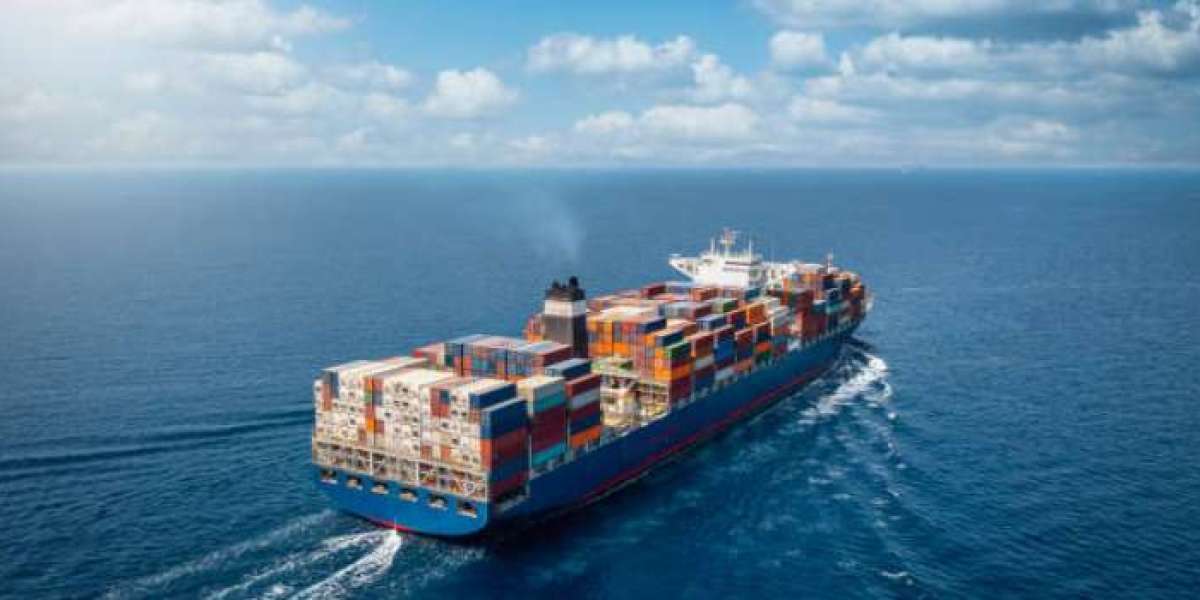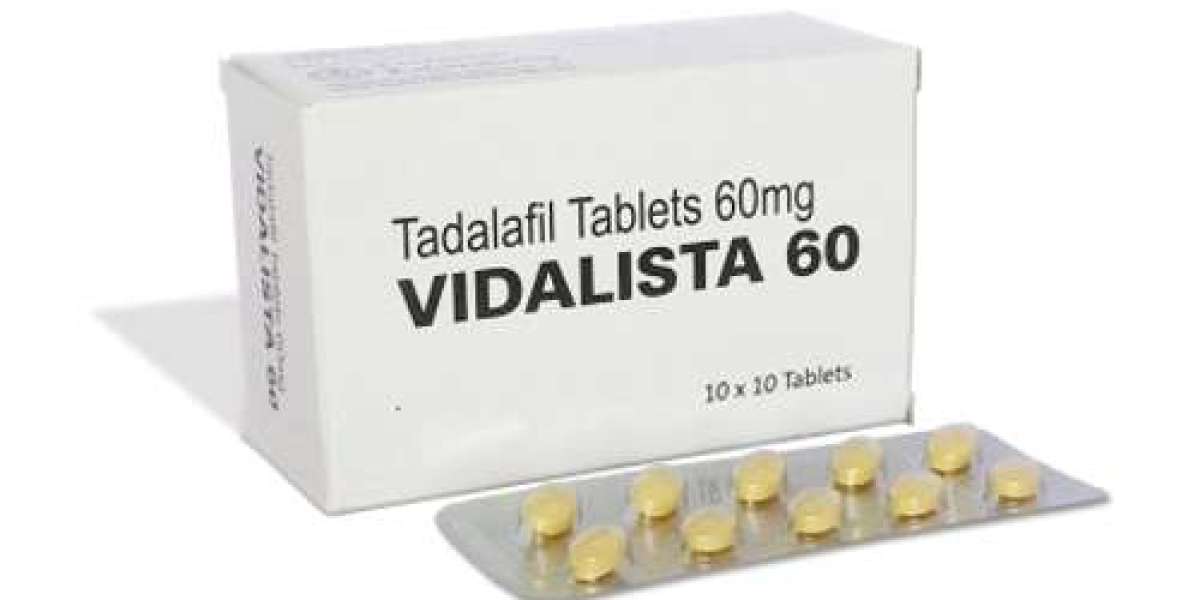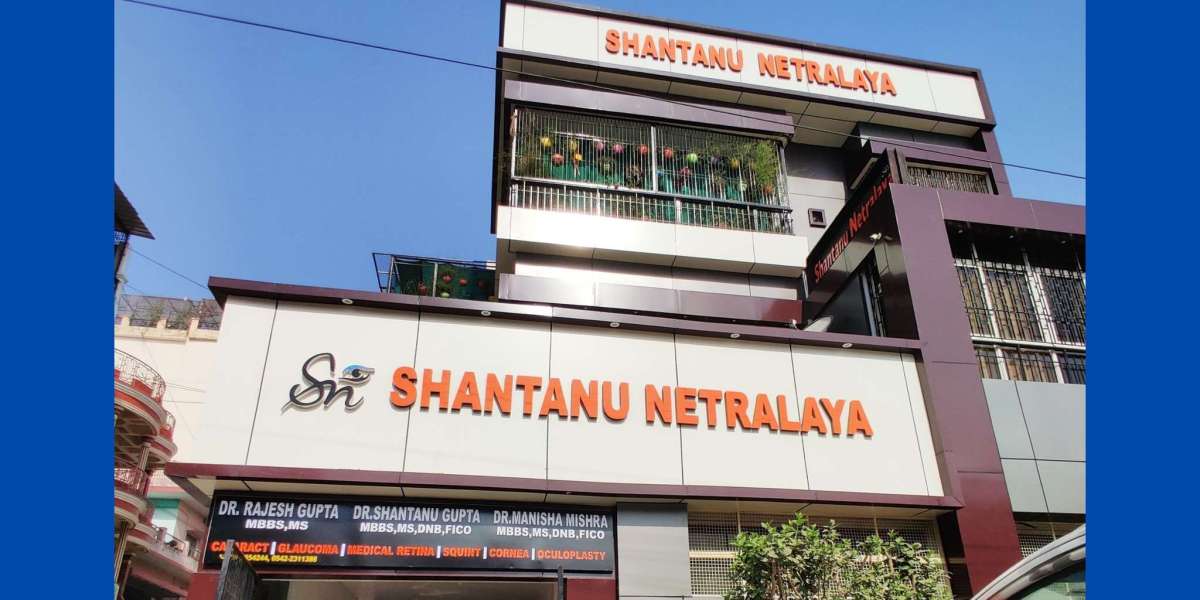The Advance License scheme is a cornerstone initiative introduced under India’s Foreign Trade Policy (FTP). It allows exporters to import raw materials, components, or inputs duty-free, provided they use these materials to manufacture products meant for export. This system not only enhances export competitiveness but also ensures that businesses can operate efficiently without the burden of high import duties.
Under this scheme, exporters can significantly reduce production costs while meeting global demand standards. The Advance License is especially beneficial for industries such as engineering goods, pharmaceuticals, textiles, and electronics, where imported inputs play a vital role in maintaining quality and innovation.
Key Benefits of the Advance License Scheme
The Advance License framework delivers multiple advantages that drive export growth and industrial productivity:
- Duty-Free Imports:
Importers can procure necessary raw materials without paying customs duty, enabling cost-effective production. - Enhanced Cash Flow:
By eliminating upfront tax payments, businesses enjoy better liquidity, allowing reinvestment in operations or technology. - Export Promotion:
The scheme incentivizes exports, helping India strengthen its global trade footprint while improving product competitiveness. - Flexible Utilization:
Advance Licenses can be issued to both manufacturer-exporters and merchant-exporters, offering flexibility in operations. - Time-Bound Fulfillment:
The license mandates that export obligations be met within a specific time frame, ensuring accountability and compliance.
Eligibility and Application Process
To obtain an Advance License, businesses must be engaged in manufacturing or exporting goods. The process involves the following stages:
- Online Application Submission:
Applicants must file the request through the DGFT (Directorate General of Foreign Trade) portal, providing necessary documentation such as import-export code (IEC), export order, and input-output norms. - Input-Output Norms Validation:
The DGFT determines the quantity of imported materials allowed based on standard input-output norms to ensure fair usage. - Export Obligation Commitment:
Exporters must commit to fulfilling a certain export obligation within the validity period, generally 18–24 months. - Redemption of License:
After meeting export obligations, the license is redeemed, confirming compliance and freeing the exporter from any pending duties.
The Advance License process ensures that exporters have the operational advantage they need while maintaining transparency and regulatory control.
Integration with Legal Metrology for Prepackaged Commodities
While the Advance License promotes international trade by easing import restrictions, Legal Metrology for Prepackaged Commodities ensures fair domestic trade practices. Legal Metrology is governed by the Legal Metrology Act, 2009, and its rules regulate packaging, labeling, and measurement standards for all prepackaged products sold in India.
Businesses that benefit from the Advance License scheme and sell their finished goods in the domestic market must comply with Legal Metrology for Prepackaged Commodities. This compliance ensures transparency and consumer protection, maintaining a balance between trade freedom and ethical business conduct.
Core Elements of Legal Metrology for Prepackaged Commodities
- Mandatory Declarations:
Each prepackaged commodity must carry clear details such as product name, quantity, manufacturing date, expiry, MRP, and manufacturer details. - Standard Units of Measurement:
All weights and measures must follow metric standards as per Indian regulations to prevent consumer deception. - Labeling Accuracy:
The net quantity printed on packaging must match the actual contents, ensuring trust between businesses and consumers. - Inspection and Penalties:
Non-compliance with Legal Metrology for Prepackaged Commodities can lead to legal penalties, product recalls, and business suspension. - Licensing and Registration:
Manufacturers, packers, and importers of prepackaged goods must obtain registration under the Legal Metrology Department to ensure legal trade operations.
Why Both Regulations Work Hand-in-Hand
Both Advance License and Legal Metrology for Prepackaged Commodities play essential roles in a compliant, growth-oriented business environment.
- The Advance License helps businesses import materials efficiently and remain competitive in global trade.
- Legal Metrology ensures that once those goods reach domestic or international consumers, they adhere to accurate labeling and fair measurement standards.
Together, these systems foster business credibility, compliance, and consumer satisfaction — vital elements for long-term success.
Strategic Advantages for Exporters and Manufacturers
For companies engaged in both manufacturing and exporting, aligning Advance License benefits with Legal Metrology compliance offers several strategic gains:
- Streamlined production processes without the burden of customs duties.
- Improved trust and reputation in both domestic and global markets.
- Avoidance of legal risks by meeting packaging and labeling norms.
- Ability to focus on innovation and export growth rather than regulatory obstacles.
Achieving Compliance Excellence
To fully leverage the benefits of the Advance License and ensure adherence to Legal Metrology for Prepackaged Commodities, businesses should:
- Maintain accurate documentation of import and export activities.
- Regularly audit packaging and labeling practices.
- Keep up-to-date with DGFT notifications and Legal Metrology amendments.
- Work with certified compliance consultants or trade experts to prevent regulatory lapses.
This proactive approach not only supports compliance but also enhances business credibility across markets.
Conclusion
Mastering the Advance License and understanding Legal Metrology for Prepackaged Commodities opens the path for sustainable growth, regulatory confidence, and export excellence. Businesses that blend these two frameworks effectively can scale operations globally while maintaining ethical trade standards and consumer trust.
By aligning compliance and competitiveness, companies position themselves as true leaders in international trade and domestic market integrity.



